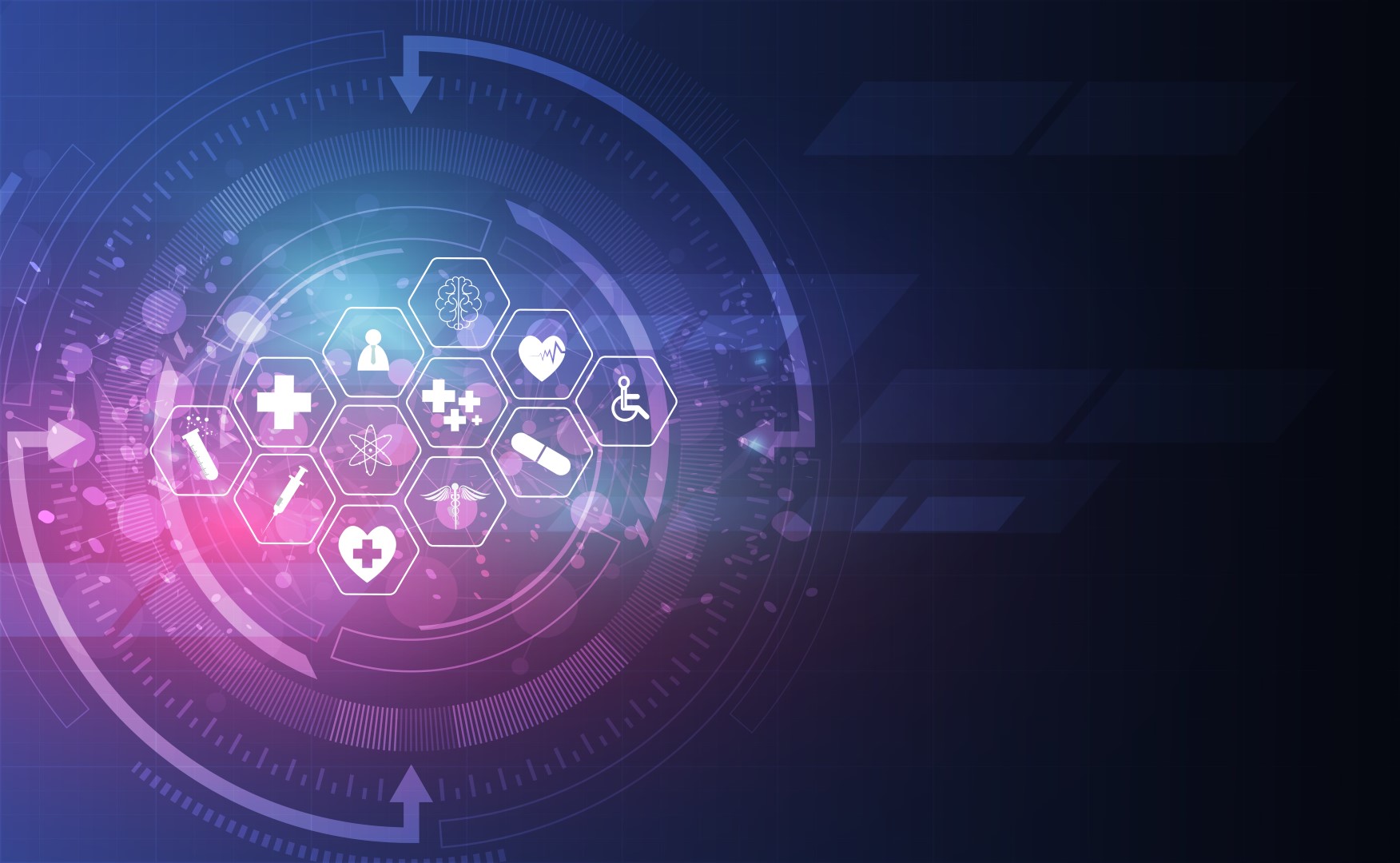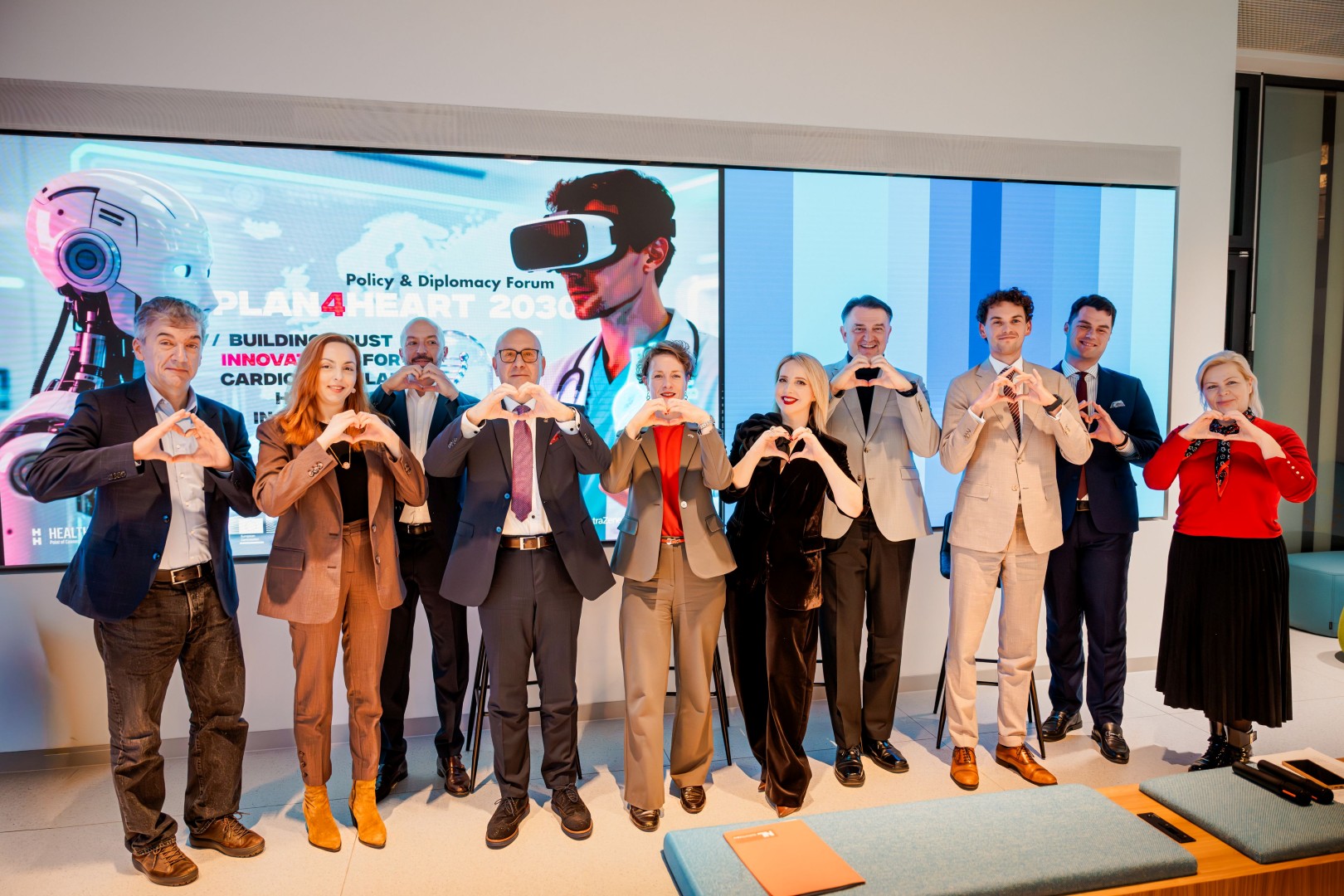Schalk Opperman (Merck): “Investment in health brings long term prosperity and economic development of the nation(s)”
s World Economic Forum mentioned, we’re entering a new era of science and innovation that has the potential to revolutionize how healthcare is designed, developed and delivered. But as science races forward, health systems around the world are falling behind. Under-resourced and over-burdened, too many health systems are struggling to address the changing burdens of disease. We have discussed with Mr. Schalk Opperman, Managing Director and General Manager at Merck Croatia & Slovenia, on how to deliver healthcare that maximizes the benefits of scientific innovation…
There are definitely a lot of change happening also in delivering healthcare at country level, but sometimes the healthcare reform is at a slower rate than rate of change in demand and burden of disease – so the challenge, I believe, is to match up these two variables. There are still unmet healthcare needs – and Pharma companies investing in R&D trying to meet them innovation, and then there is the burden of cost management, aging populations living longer and having greater healthcare needs.
Not an easy equation to balance, but one thing is clear to me – the solution lies in better collaboration between all the parties involved in delivering healthcare, across the whole chain- governments, payers, hospitals, wholesalers, pharmacies, patients, HCP’s and product suppliers.
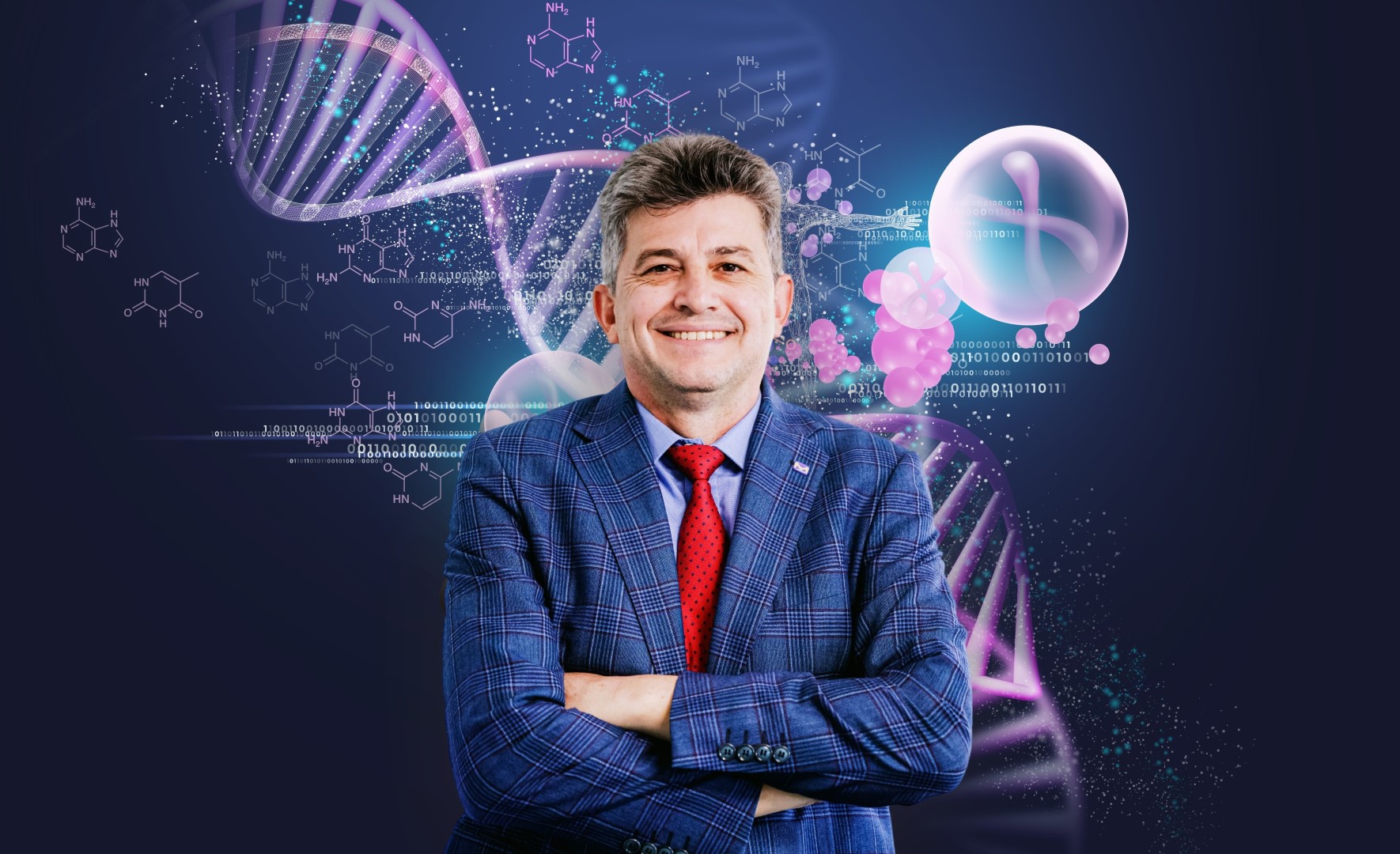
Schalk Opperman, Managing Director and General Manager at Merck Croatia & Slovenia
Healthcare has a significant impact on people’s well-being, community harmony, and economic development. How do you assess the recognition of the contribution of the health (pharmaceutical) industry at the regional and European level? How are you changing the horizons of healthcare?
It is said that almost all prosperity and wealth comes from a HEALTHY society, so if a country invests in health, they invest in long term prosperity and economic development of that nation. The pharmaceutical industry is only 1 small step in the total health journey. I believe Pharma is a critical part of the health continuum, the analogy I like to use is to ask a mechanic to fix a car without the correct tools. With regards to how we (Pharma) are changing the horizons of healthcare – I believe all companies are looking at options where there are still unmet medical need – and how to address these needs in an effective way.

Schalk Opperman, Managing Director and General Manager at Merck Croatia & Slovenia
Value-based’ outcomes, pricing, and reimbursement are widely discussed as health sector reforms these days. Healthcare payers are increasingly exploring alternative models, such as bundled payments or value-based reimbursement to encourage value of patient care rather than the simple amount of delivered services. These alternative models are advised, as they are more efficient in promoting cost-effective, high-quality care, thereby improving patient health outcomes.
Do we need to follow global trends in pricing and reimbursement models to achieve dynamic efficiency in terms of the optimal rate of innovation and adoption (from market access to patient access)?
I fully support that alternative models should be evaluated and investigated – if the intention is to advance the efficiency and quality of treatment, I am all for it. My hope is that the required outcomes of the reforms are not purely cost reduction. I sometimes get the feeling that this is often the focus. Somehow I can understand the pressure on the health budgets, but if we treat more people with better options, it will cost more. So often the Health Ministry and Payers will have to make the decision that we can’t always have the best treatment options for all people all the time, and these decisions are not easy to make. Something I hope I never have to do myself.
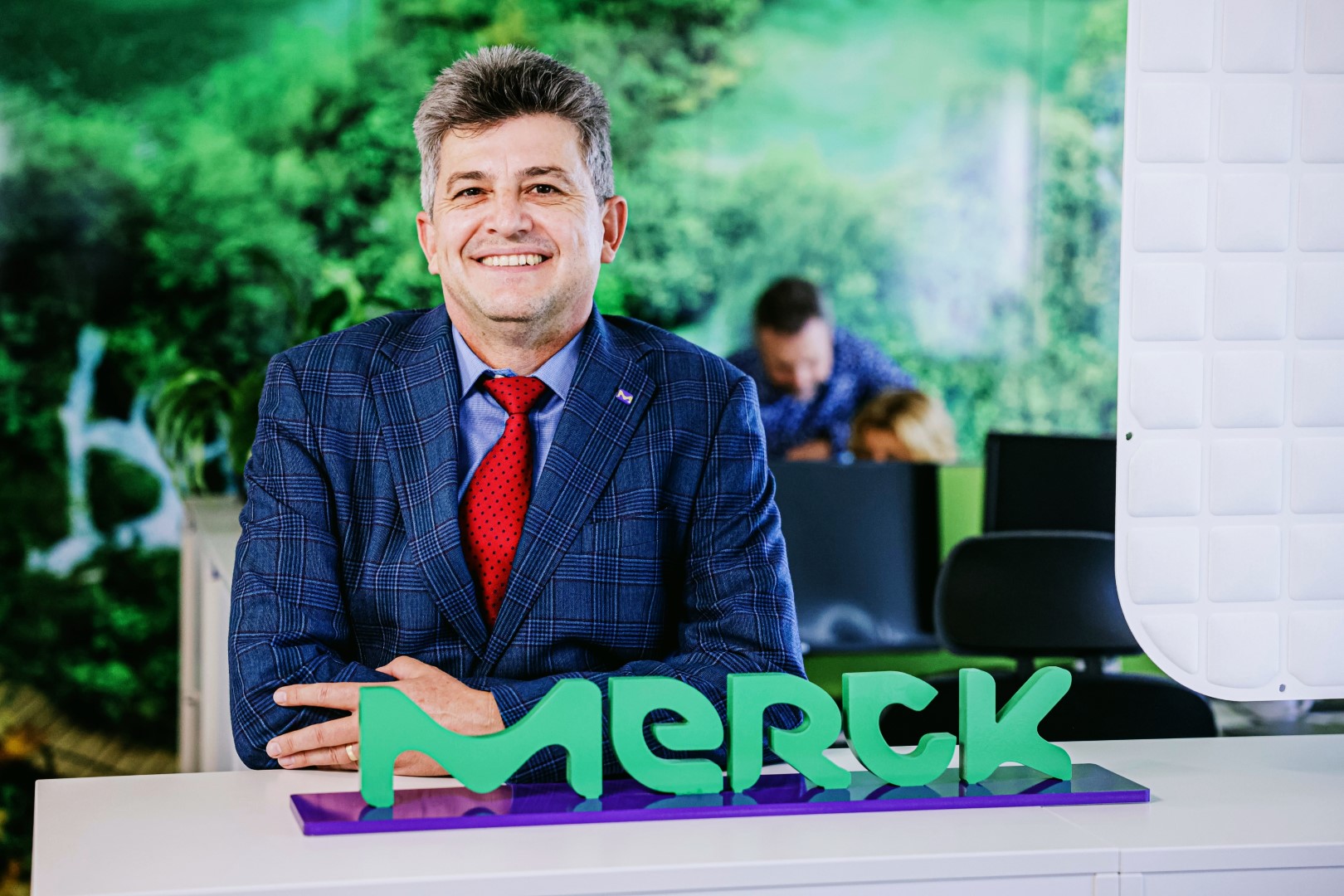
Schalk Opperman, Managing Director and General Manager at Merck Croatia & Slovenia
You are dedicated to work “As One for Patients”, which aims to design the future of healthcare with treatment options to challenge difficult diseases and help create, improve and prolong life. Why is patient empowerment important today (more than ever)? How do you contribute in building mature, engaged, educated patient communities?
Previously the HCP (Health Care Practitioners) were the sole decision maker in the treatment options, this has been changing over time. Patients are more and more informed today, compared to the past. Information in more available to patients than ever. In Europe the pharma industry is not allowed to promote directly to patients, yet they are more and more important as decision makers of their own treatment.
Patient Associations Groups (PAG’s) are a great resource for patients to connect them with other patients that are in the same situation they are. Often HCP’s do not have the time that patients require to answer all the questions people may have about their disease and treatment options, again PAG’s can play a powerful role here. At Merck we try to support the PAG’s in the Therapeutic Areas where we operate as much as we can – but unfortunately there are still disease areas that do not have PAG’s. The data available on the internet is unfortunately not always validated and not created by experts in the field.

Schalk Opperman, Managing Director and General Manager at Merck Croatia & Slovenia
You are also contributing in advancing digital living everywhere. Your main focus in the electronics market with your materials and solutions is to change the way we access information. How important data science is today in healthcare, from policy & decision making process to navigating patients towards better outcomes?
Merck globally is very involved in electronics and the semi-conductor environment. Data driven decisions is becoming more and more important – and often we have a lot of data in the healthcare system, but we are not able to convert that data into healthcare intelligence. In Croatia we have already come a long way with digital healthcare. Prescriptions are done electronically already, appointments are made electronically, etc. We have a lot of data available – this data should be used to assist with policy & decision making and even measuring outcomes. This could be possible, but obviously this needs investment to do properly and still protecting the patients private data (GDPR) is an important challenge to consider – but not impossible.
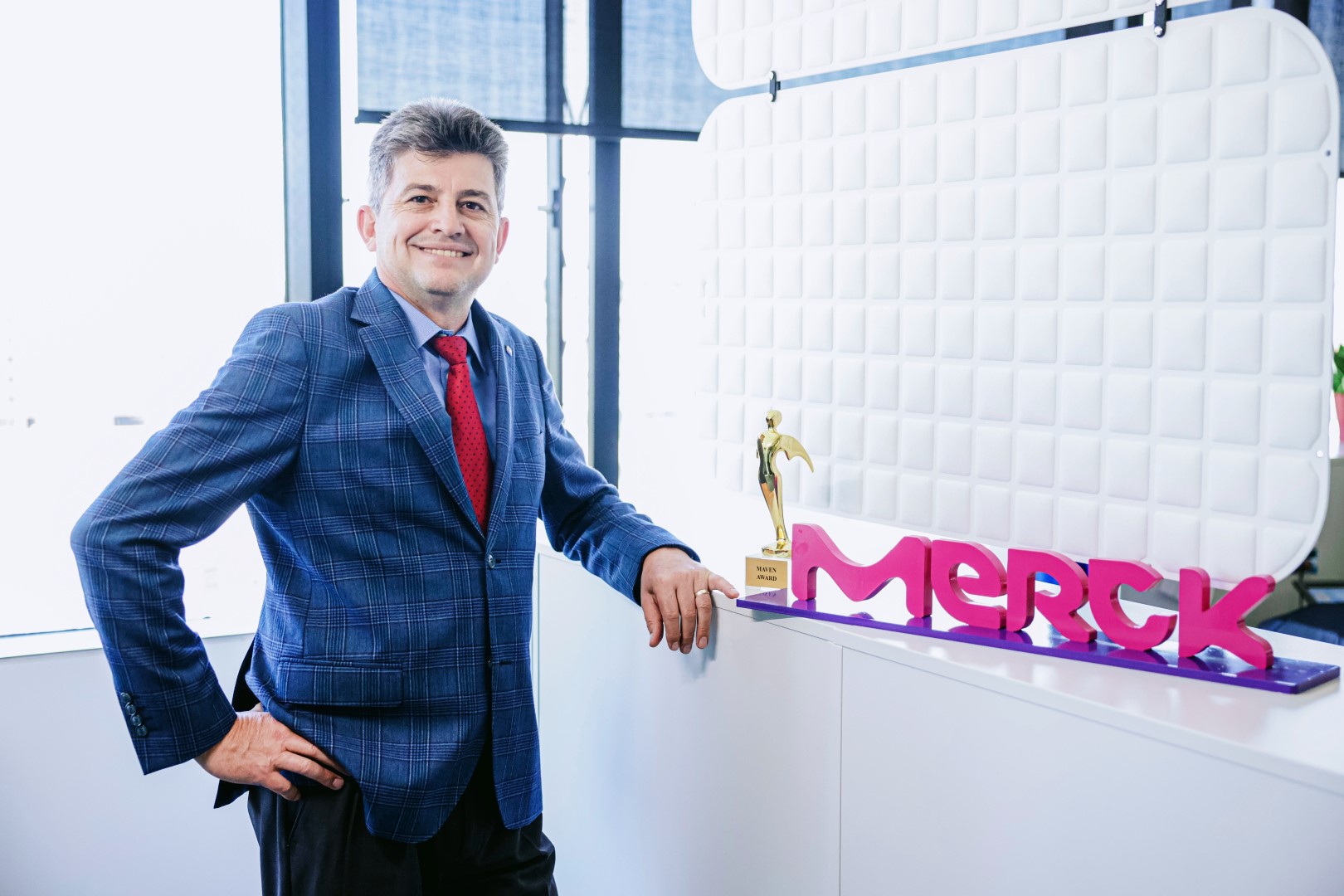
Schalk Opperman, Managing Director and General Manager at Merck Croatia & Slovenia
You are inspired by curiosity, science and, most importantly, patients, combining a creative approach with our relentless drive to transform the way cancer is treated. Related to oncology innovation and challenging choices on one side, and limited healthcare budgets within healthcare systems, how can we balance value and funding priorities in light of an abundance of new treatment options, and advocate for investment (not expenses) in cancer care that brings meaningful impact to society and economy?
I think the critical point is to see health as an INVESTMENT, not a COST. We however do not live in a world of limitless resources – so it is challenging to find the balance that you speak about. I come from Africa, and there the healthcare system continuously have to make the decision about whom they will treat and whom not. These decisions are not easy to make and not even fair to make. I do think that this burden is carried easier if all parties collaborate together on this very difficult topic.

Schalk Opperman, Managing Director and General Manager at Merck Croatia & Slovenia
Noncommunicable diseases are barriers to delivering on global health commitments related to poverty, equity, gender and more. An inclusive NCD agenda that recognizes all NCDs – including thyroid disorders – is essential to deliver on these goals. Many thyroid disorders are common and easily treatable, but these diseases often go undiagnosed. Recognition of thyroid disorders as NCDs could help ensure better diagnosis and care. Do you see the potential in our region, taking into account the increased incidence of thyroid disease, to strengthen this reflection and to encourage proactive early detection and treatment, through the strategy of non-communicable chronic diseases (which especially affects women’s health)?
As you probably know, Merck is a major player in the treatment of hypo-thyroidism, a disease that can have life changing effects if untreated. This disease can be treated in Croatia for about 7 Euro per month, yet there are still many untreated patients. On the one hand low cost of treatment is becoming a topic to ensure constant supply, since the Cost of Goods in continuously increasing, and in Europe, prices seem to only go down. This is a threat I think not too many people are highlighting.
I do believe there are still opportunities to educate the untreated and under-treated patients out there. Luckily there is a strong PAG for Thyroid sufferers in Croatia, but obviously more could be done with greater resources. Other Non-communicable diseases have similar challenges in our market.
What would be your „moonshot“ for sustainable, modern, data-driven, efficient healthcare, taking into consideration existing and upcoming innovations with slow access toward patients and healthcare professionals?
My “moonshot” dream would be to have system that takes into account all the available data and use it to make the most appropriate treatment decisions for patients. A system where ACCESS is not only associated with NEW & INNOVATIVE treatment, but actually access to ALL treatment options (both old & new) available in Europe/World. The more options the treating HCP has, the more they can individualize treatment option to the patient. I even dream of a system where the experts in therapeutic fields will be allowed to make information available to the public – to they have free access to this information to make the most informed decision available.
I cringe when I type in treatment of any disease into Google and see the number of “NON-experts” giving advice, while the experts are not being allowed to give information. An area full of potential but also some risk for abuse?


